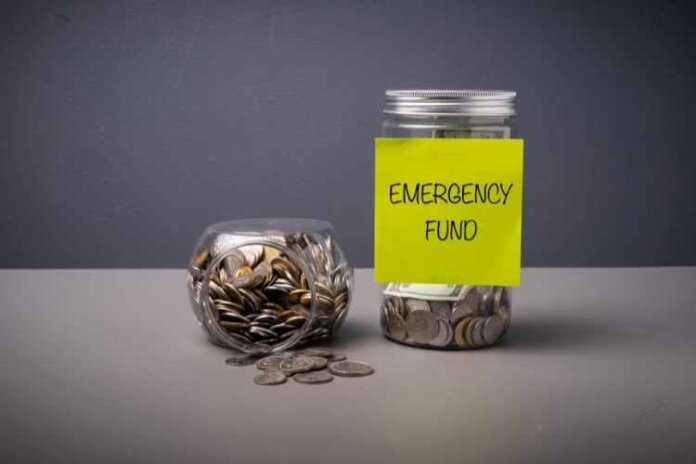
Sometimes, emergencies happen. While ideally, people would always be prepared for them with emergency funds and savings, sometimes this is impossible. However, there are still ways you can pay for emergencies without an emergency fund.
1. Apply for Loans With Fast Approval Times
Whether you need money for car repairs, hospital bills, or other expenses, your first option may be to apply for a loan. People dealing with emergencies are often stressed, but it’s important to be as careful and do your research when seeking an emergency loan, as you would when applying for any ordinary loan. Look for loans that you can apply for and be approved to receive quickly, with appropriate interest rates and information on repayment and billing processes.
2. Borrow from Friends And Family
Depending on the reason you need the money and how much you need, you may be able to borrow from friends and family. This method of paying for emergencies may be simpler than other methods, as you simply need to ask rather than apply for a loan or assistance and you won’t be required to pay an interest rate as you would for a loan or a credit card. However, doing so can also strain your relationships with friends and family, especially if you aren’t able to pay them back quickly or if the amount you need to borrow is high.
3. Set up an Online Fundraiser
Many people choose to set up online fundraisers when they require emergency funds. One of the most common uses of online fundraisers is to pay for medical bills and related expenses. Online fundraisers can be hosted on a variety of fundraising websites and can go viral on social media, particularly if you give the fundraiser a good title and utilize video, audio, and graphics to increase shareability.
4. Check if You Qualify for Assistance Programs
In some cases, people may qualify for various assistance programs. If you do, you may be able to access funding from that assistance program to pay for your emergency situation and expenses directly or indirectly related to it. For example, public health assistance may be available to you to use for all or part of an emergency medical bill. Other common assistance programs include legal assistance, food assistance, and utilities assistance.
5. Use a Credit Card
If you have access to a credit card, you can use it to pay for emergency expenses, as long as you haven’t already reached your credit limit. A credit card is advantageous because you don’t need to apply for it or submit a request for funding, as you would with loans and assistance programs, respectively. However, keep your interest rate in mind. A large emergency payment on your credit card may take time to pay off and interest will continue to accrue.
It’s always best to build an emergency fund so you’re prepared in the event of an emergency. However, if you don’t have one or if there isn’t enough money available in your fund to cover your emergency expenses, then these other methods are quite helpful.











